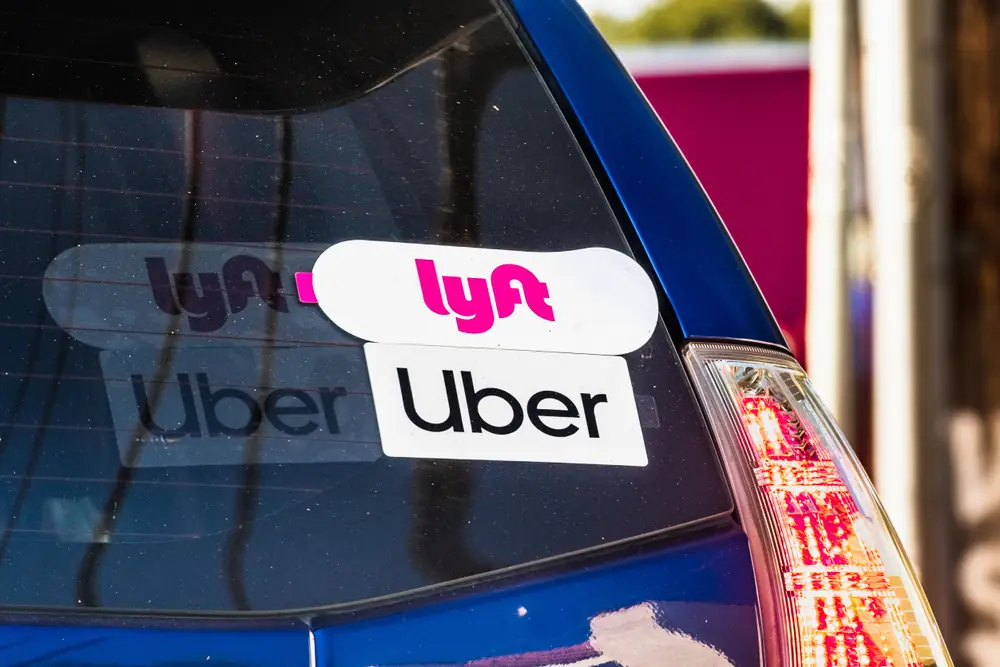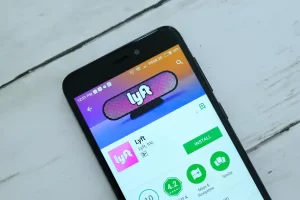Male Uber and Lyft drivers have filed class-action lawsuits in California state court, alleging that the companies’ new ride-matching features, designed to allow women and nonbinary passengers to choose same-gender drivers, violate state civil rights laws, Time Magazine reported earlier this week.
The complaints, filed under California’s Unruh Civil Rights Act, argue that these safety-oriented features unfairly limit male drivers’ income and opportunities while reinforcing gender stereotypes that suggest men are inherently more dangerous.
At the same time, both ride-share giants are facing mounting legal scrutiny over thousands of sexual assault allegations that have already reshaped public perception of the industry. Unsealed court documents obtained by The New York Times revealed that Uber alone received over 400,000 reports of sexual assault or sexual misconduct between 2017 and 2022—an average of one report every eight minutes.
The company publicly disclosed only about 12,500 of those incidents in its official safety reports, leading critics to question whether its safety measures were sufficient or transparent. Lyft, too, has faced thousands of similar reports; its own data revealed more than 4,000 assaults between 2017 and 2019.
Both companies have rolled out women-only or women-preferred ride options in response to these alarming safety statistics. Uber launched its “Women Rider Preference” feature in July 2024 across cities like Los Angeles, San Francisco, and Detroit, allowing women and nonbinary users to match exclusively with female drivers. Lyft introduced its “Women+ Connect” feature in 2023, citing rider demand for safer experiences. The companies argue these measures empower riders who have felt unsafe or vulnerable when traveling alone at night, while helping female drivers feel more comfortable working later shifts.
The new discrimination lawsuits, however, frame those same policies as violations of equal-access protections, Alexandra Agraz points out, writing in Law Commentary. The plaintiffs claim the features unlawfully restrict men from equal participation in the ride-share marketplace, which violates the Unruh Act’s requirement that businesses serving the public offer equal access regardless of gender. The law allows individuals to seek up to $4,000 in damages per violation, meaning the financial exposure for Uber and Lyft could reach into the millions if the cases are certified as class actions.
Uber and Lyft maintain that safety concerns justify these limited-matching programs. Uber’s 2021–2022 U.S. Safety Report documented 2,700 serious sexual misconduct incidents, 92 percent involving drivers as the accused and 89 percent identifying women as survivors. Lyft’s figures tell a similarly grim story. The companies argue that providing female and nonbinary riders a choice in who they ride with is a reasonable and necessary safety measure in light of their history of passenger assaults.
The debate highlights a broader tension between safety initiatives and civil rights compliance in the gig economy. A plaintiff’s attorney representing the male drivers said the lawsuits aim to test whether companies can legally address safety concerns by restricting opportunities based on gender. Legal experts note that California courts have historically ruled against gender-based distinctions in public accommodations, even when motivated by safety considerations.
Meanwhile, Uber and Lyft remain entangled in ongoing sexual assault litigation from survivors across the United States. Federal and state lawsuits accuse both companies of negligence and failure to implement sufficient safety protections. U.S. District Judge Charles Breyer, who presides over nearly 3,000 sexual assault and harassment suits against Uber, noted earlier this year that the company’s lack of gender-matching options could be used as evidence of negligence. Ironically, the very safety features introduced to address that concern have now sparked new allegations of gender discrimination.
With Uber and Lyft navigating overlapping legal storms (sexual assault cases from survivors, employment classification suits from drivers, and now gender-bias claims), the companies face increasing scrutiny over how they balance safety, equality, and liability in a business model dependent on both public trust and independent workers.
Related News:
In Wake of Rideshare Sexual Assaults, Women-Only Service Launches in Tucson
Gender Pay Gap & Other Problems With Uber’s Female-Requested Driver Pilot Program
Uber Sexual Assault Lawsuit Guide
Lyft Sexual Assault Lawsuit Guide
Were you sexually assaulted by a rideshare driver? You may be entitled to compensation. Learn your rights and get a free, confidential case review.




